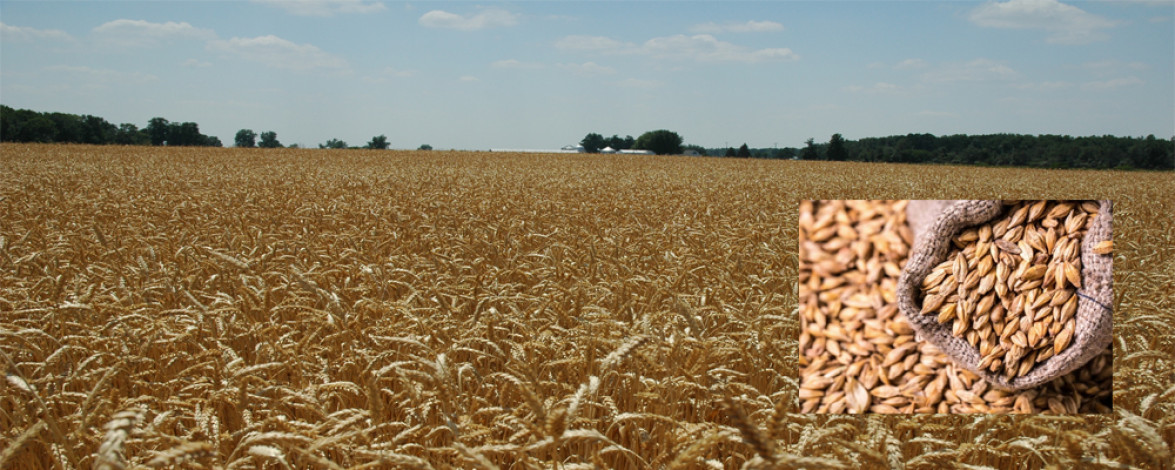
File photo
A new type of hybrid wheat now available to American farmers may help ease fears of genetically engineered crops. New hybrids are being introduced as seed companies look to boost production amid dwindling global grain supplies.
The hybrid wheat was developed by the Chinese-owned agricultural company Syngenta. The product was made without genetic engineering. The first seeds to grow wheat will be released on 2,000 to 2,800 hectares of land in America next year, Reuters news agency reports.
Two major German chemical companies – BASF and Bayer – are planning their own launches of hybrid wheat in the future.
How is hybrid wheat made?
Developers, or breeders, create hybrid wheat by taking away the natural ability of plants to pollinate themselves. Instead, female wheat plants in a field are pollinated by male plants of a different line. The goal of the process is to create seeds that can produce bigger crops and better resist harmful environments. The fertilized female plant produces a new kind of hybrid.
Using this hybrid technology permits breeders to choose the best elements from two-parent seeds to produce new seeds containing the best characteristics of both.
Producers say when seed companies produce hybrid wheat seeds, some female plants often fail to become fertilized because they depend on unpredictable winds to carry pollen. Pollen is a substance produced by plants when they reproduce.
During some seasons, pollen is released into the air and carried to other plants to be fertilized. Producers say the fertilization of each plant is more certain during wheat's natural process of self-pollination.
How widespread are hybrid crops?
Farmers have grown hybrid corn since the 1930s. The growth improved crop sizes, called yields, by increasing the plant's resistance to things like insects and disease. Vegetables like onions, spinach, and tomatoes are also grown from hybrid seeds.
Seed companies said they used their experience launching hybrid corn and barley to develop hybrid wheat. Average corn yields increased 600 percent from 1930 to the mid-1990s. This result was partly helped by hybridization. Wheat saw an increase of two-and-a-half times, the U.S. Department of Agriculture said.
Researchers say hybrid wheat has taken longer to come to market because the development process is more costly and complex. It could be important to increase wheat yields while avoiding being linked to "GMO" development. GMO stands for genetically modified organisms.
Genetically modified wheat has never been grown for industrial purposes because of fears that allergens or poisons might be created. Wheat is used to making numerous major foods worldwide.
Dave Hankey owns Hankey Seed Company in Park River, North Dakota. He told Reuters, “Because of the resistance to genetically modifying stuff, hybrids would be considered better and safer.”
He added, “That would certainly be the public perception."
Source:
Online/GFMM
Comment Now